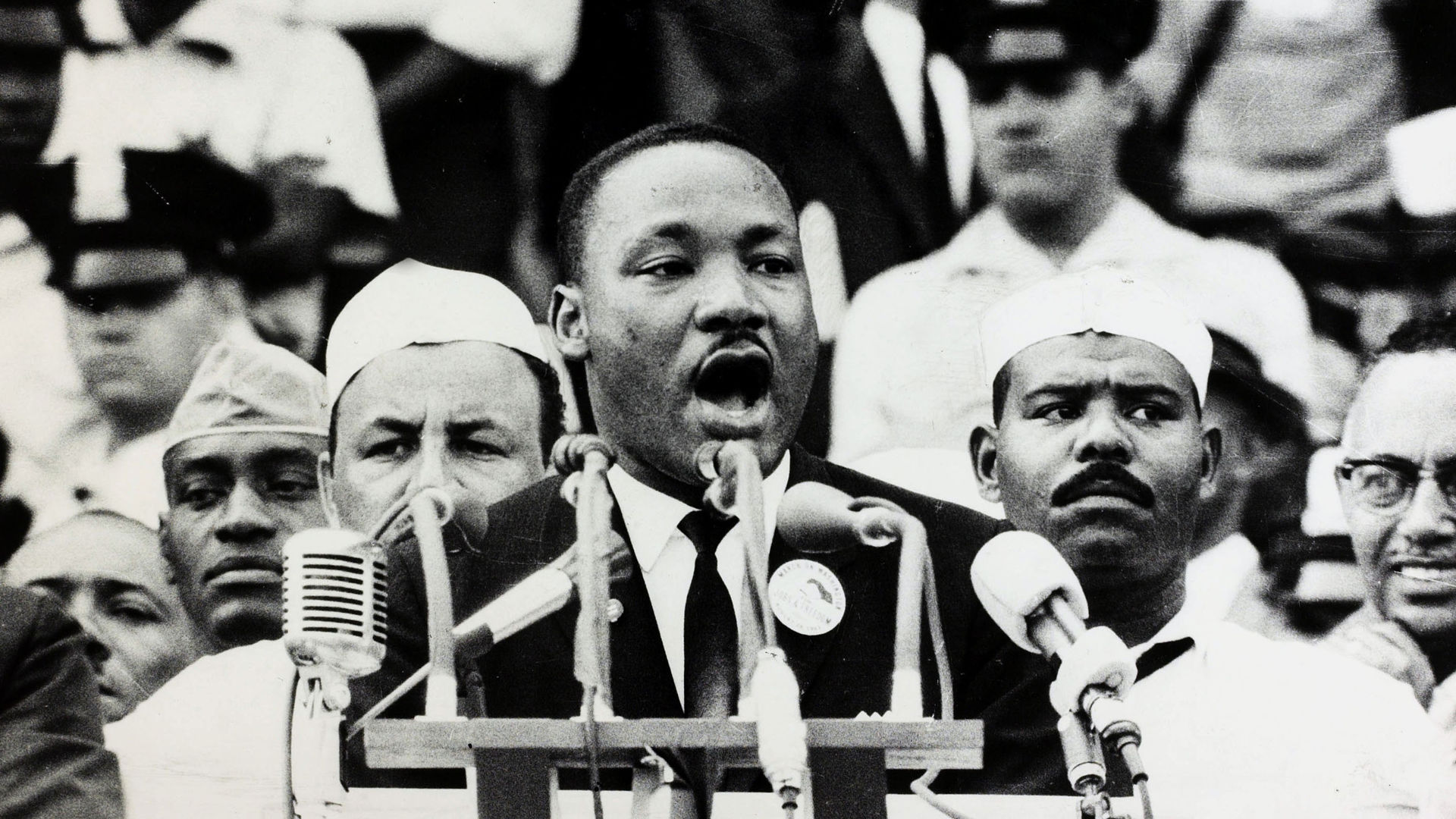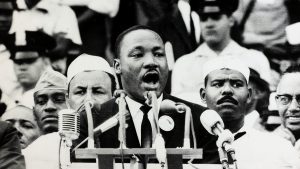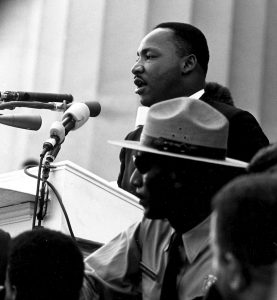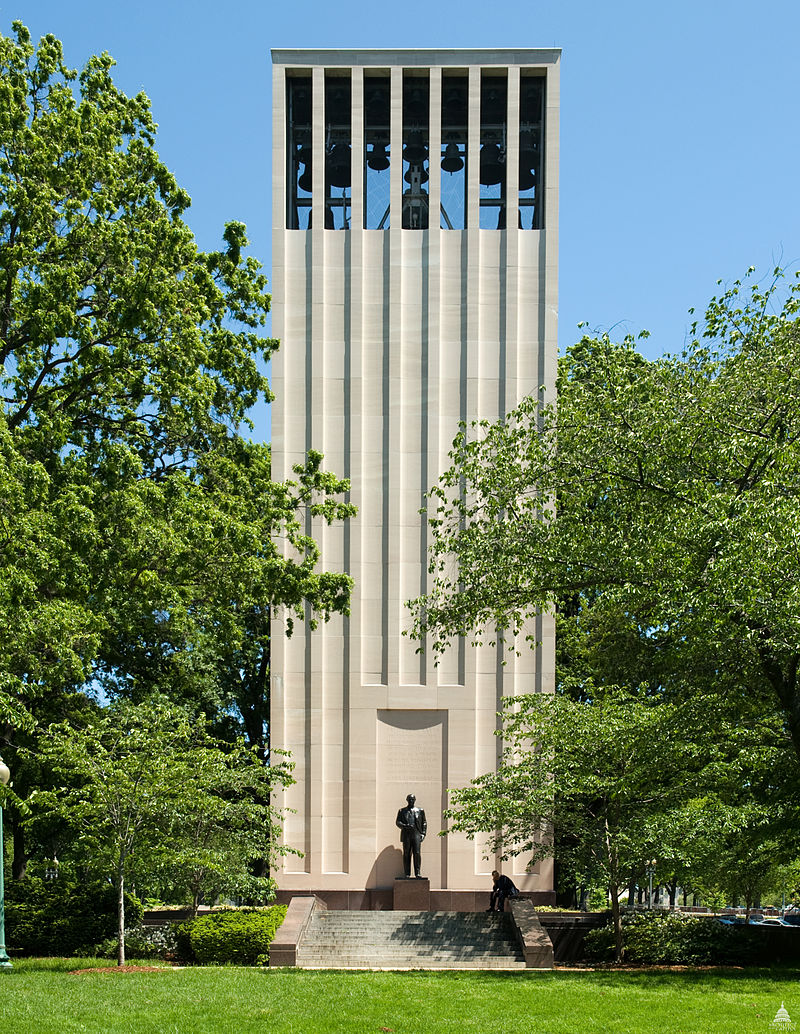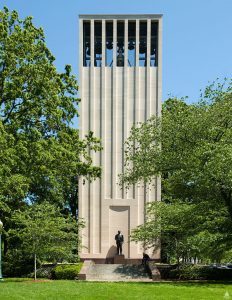Research Fellowship at George Washington Presidential Library
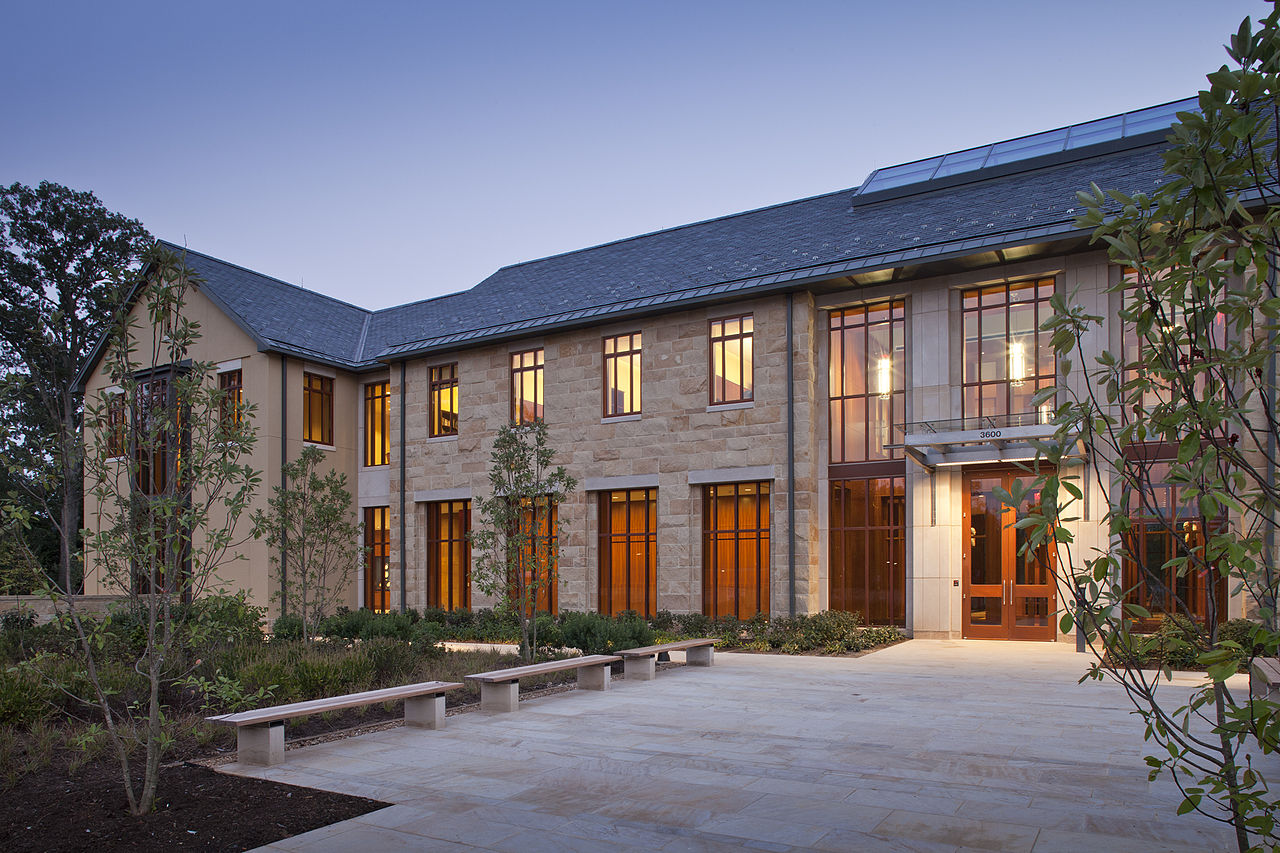
Applications are now being accepted for Research Fellowship positions at the George Washington Presidential Library in Mount Vernon, Virginia.
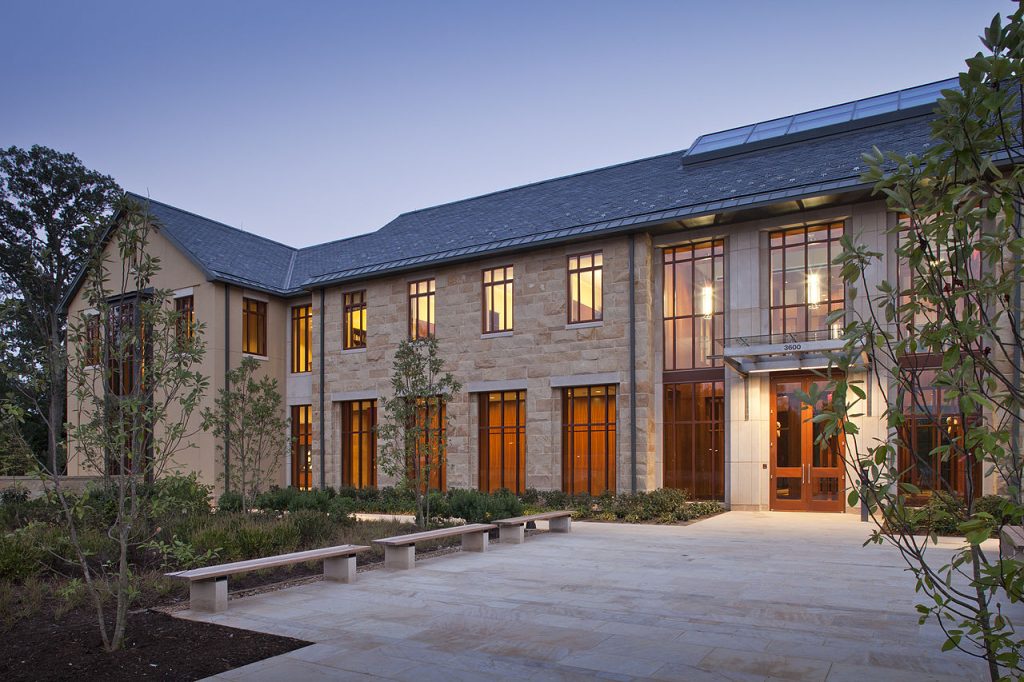
Funded Research Opportunities
Spend 1, 3, or 6 months as a research fellow at the George Washington Library, located at George Washington’s Mount Vernon in Virginia. We are roughly 15 miles south of Washington, D.C.
Applicants should submit:
- Cover letter outlining their scholarly background, experience, and interest in this fellowship.
- C.V. or Resume.
- Two letters of recommendation.
- Proposal describing the project(s) to be worked on during the fellowship term and expected outcomes of the time. Proposals should be no more than six double-spaced pages.
Candidates
Funded research opportunities are available to people researching the early American period, including:
- academics
- public historians
- independent scholars
- curators
- material culture / decorative arts professionals
- preservationists
- graduate students
The program is open to U.S. citizens and international applicants.
Award recipients receive housing, stipends, and travel reimbursement (see below for details).
Research Collections
The research collections hold materials related to the eighteenth and nineteenth centuries. Before applying it is highly encouraged to take time to look through the catalogs to see if there are specific materials here that will help supplement your research at the Washington Library. The catalogs are all accessible online. Click here to browse.
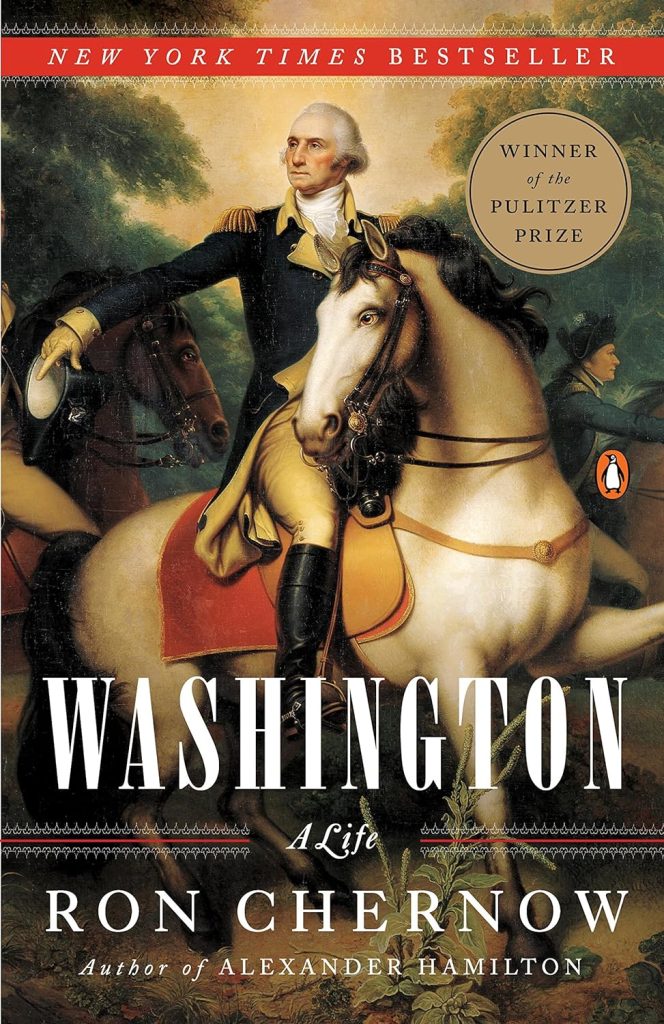
Housing & Stipends
Fellows receive housing on the Library campus for the duration of their fellowship.
Stipends:
- $3,000 – one-month fellowships
- $10,000 – three-month fellowships
- $20,000 – six-month fellowships
Round-trip airfare or mileage reimbursement is provided for one trip to and from Mount Vernon (up to $1,000).
About the Facilities
As part of the award package, fellows have access to the resources housed in the Washington Library and the support of specially-trained staff.
Fellows will reside in a shared residence, The Richard and Helen DeVos House, located on the grounds of the library.
For more information about the George Washington Presidential Library Research Fellowship opportunity and to submit your application, use THIS LINK.
To learn more about the George Washington Presidential Library and the resources available there, use THIS LINK.
Did you know that President Bill Clinton visited Belfast, Northern Ireland in November 1995? Read my blog post to learn more about his visit and the purpose of his time there.

This post may contain affiliate links. If you click these links and make a purchase, I may receive a small commission. This commission does not affect any price that you pay. Affiliate programs or sponsors providing products do not influence my views and opinions.

